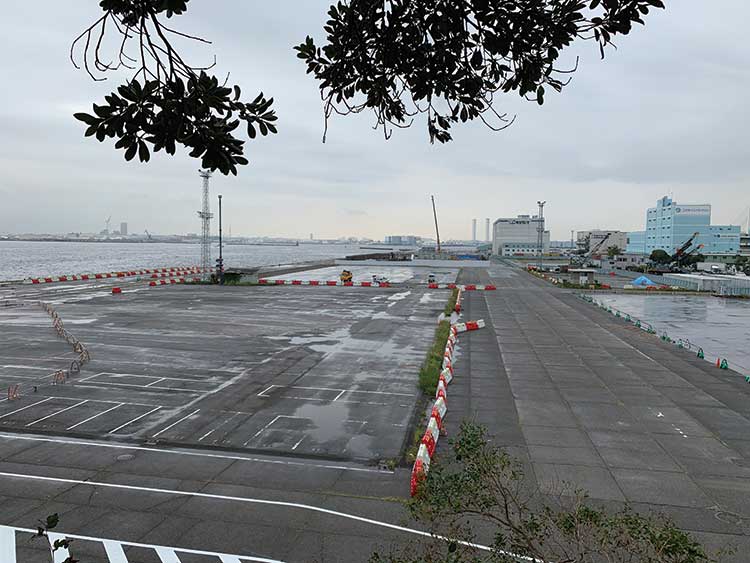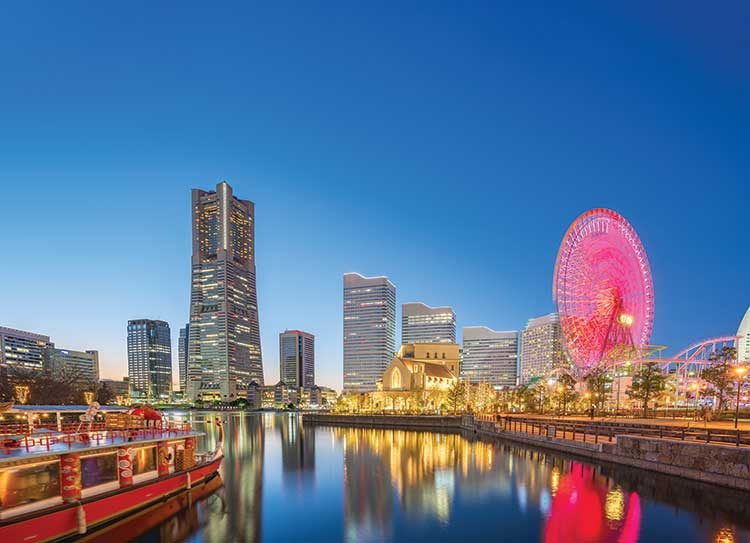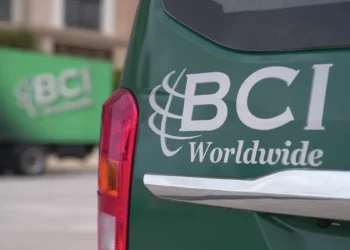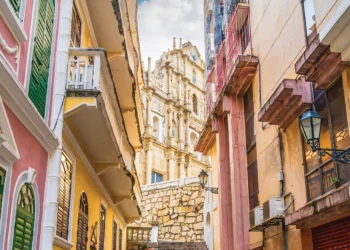With a population of 3.74 million, Japan’s largest basic municipality, Yokohama, has finally raised its hand for an IR bid, prompting some of the world’s most prominent IR operators as well as rival Japan cities to sit up and take notice.
Yokohama City Mayor Fumiko Hayashi remained tight-lipped about an IR bid initially, but finally announced her intention to proceed on 22 August, making Yokohama the first Tokyo Metropolitan Area municipality to do so.
The reasons given were, “To maintain economic power and respond to the decreasing population and insufficient tax revenue.”
The local financial industry has backed the initiative, with the goal being to have a Yokohama IR open for business in the late 2020s at Yamashita Wharf, an expansive space covering 47 hectares.
It certainly seems appealing. Just three hours after Yokohama confirmed its plans to launch an IR bid, Las Vegas Sands (LVS) announced it was withdrawing its interest in Osaka to focus solely on Tokyo and Yokohama. More recently, on 18 September, Melco Resorts & Entertainment did the same by declaring its own “Yokohama First” policy.
On the administrative side, a supplementary budget of JPY260 million for IR-related costs was passed at the September regular city assembly, another clear step forward.
 JAPAN’S NEW FAVORITE
JAPAN’S NEW FAVORITE
Yokohama city has long been seen as Japan’s favorite candidate in hiding. With a population of 3.74 million – one million more than Osaka city – the size of the market and convenient access from Haneda Airport are among Yokohama’s notable advantages, as is its track record in MICE via the Pacifico Yokohama site.
There have even been rumors of a secret agreement between US President Donald Trump and Japan Prime Minister Shinzo Abe – a rumor that certainly hasn’t been negated by the speed in which LVS, headed by one of Trump’s leading contributers in Sheldon Adelson, changed its focus after Yokohama’s announcement.
The fact that influential pro-IR politicians and Chief Cabinet Secretary, Yoshihide Suga, are on Yokohama’s side is also considered to be an advantage that could sway the government’s preference in the city’s favor when it comes to choosing IR locations.
THREAT TO RIVALS
So how are rival municipalities taking this emergent participation of Yokohama?
In the first phase, up to three locations will be designated for an IR, with the other candidates to have so far put up their hand including Osaka Prefecture/City, Wakayama Prefecture and Nagasaki Prefecture.
Meanwhile, according to IAG sources, officials in at least one municipality are on alert.
“Yokohama was conducting research and having dialogue with operators below the surface of the water,” one source linked to a rival bid city said.
“It seems like the city has a pipeline to the national government too and I think if they apply for a license, it’s almost a sure thing they will be approved and be able to open an IR. It’s nothing but a threat to us.”
Another wasn’t so sure.
“Since they’ve been working quietly without weighing the pros and cons, the issue is whether or not the consensus building of the locals will happen in time,” he said.
“The only real aim of Yokohama seems to be financial reforms and I don’t feel like they have the ambition to take on a national project.
“Everyone is saying the location is good, but how will they resolve the issue of over-tourism with the limited capacity of Haneda Airport and the traffic access problems in the Tokyo Metropolitan area? And if Tokyo ends up entering the race, they won’t be able to approve both.”

CITIZEN
The biggest problem a Yokohama IR is facing is consensus building with the local residents. The Basic Policy announced by the national government at the beginning of September specifically mentions “Understanding of the community.” So, let’s take a quick look back at the history of Yokohama’s IR interest. Mayor Hayashi, who is now a party leader, was elected for the first time in 2009, carried by the former Democratic party and defeating the candidate supported by the Liberal Democratic Party and Komeito coalition.
In 2013, she maneuvered both ruling and opposition parties for an overwhelming victory, but from that moment started to lean more toward the LDP.
She first proposed her IR concept in 2014 but became very tight-lipped on the issue from 2017 as the city mayoral election approached.
With the establishment of the IR Implementation Act in 2019, proactive briefings began once again and work was done to gauge the interest of operators and survey local citizens.
The results of that citizens survey were far from promising, which found that 63% oppose an IR. The lack of progress in consensus building may be rooted in Mayor Hayashi’s actions which have drawn criticism from the Diet via comments such as, “The order of asking for citizens’ opinions after already making the decision is off,” and, “She says they will explain everything thoroughly, but that hasn’t happened at all.”
Chairman of the Yokohama Bay Association, Yukio Fujiki, 89, maintains his firm stance of being, “Completely against [IR]” due to concerns around problem gambling. Known as the “Don” of Yokohama, he certainly has a high level of influence.

Nevertheless, Yokohama is an attractive location. “Yokohama offers a great location for the development of an IR and the ability to bring jobs, tax revenue, and new development to the city,” says Global Market Advisors Partner and Director of Government Affairs, Brendan D. Bussmann.
“It will be able to make a strong case for one of the three initial IR licenses. The location is great because of its proximity to other tourism and MICE-related facilities, the ability to develop a strong and compelling project as well as good connectivity to other parts of the city and major infrastructure.”
Bussmann also predicts strong interest in developing a Yokohama IR, adding, “I would expect every major international operator that has shown an interest in Japan – including but not limited to Wynn, Sands, Melco, Galaxy and Genting in addition to the potential of a Japanese-led group – to show interest in Yokohama.
“It will be a very competitive process where operators are not only going to have to put forward a solid project but also show how it will benefit and integrate into the local community.”
In the end, while Yokohama makes strong economic sense, its biggest task remains convincing the locals and in that respect the city is still trailing behind Osaka, Wakayama and Nagasaki. Yet with LVS and Melco having quickly declared their intentions, it is clear that Yokohama will loom particularly large when a final decision on Japan’s first IR locations is reached in 2020.


































